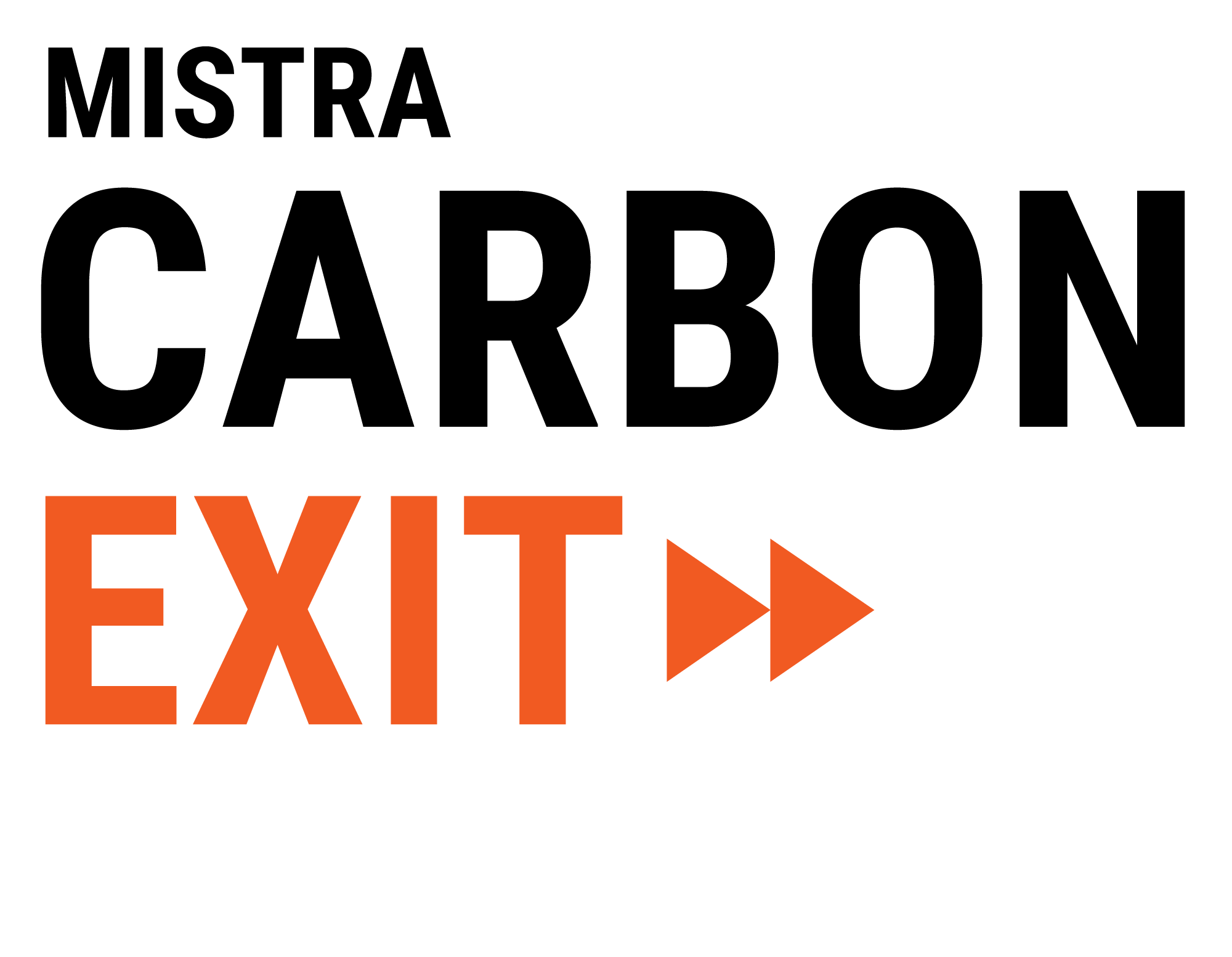Results published from the research project Impres
The research project Impres, coordinated with Mistra Carbon Exit, has been running for two years and is now completed. The study regards how procurement requirements for carbon reduction can be implemented in infrastructure projects and how this connects to national and organizational policy contexts in different countries.
The Impres project has interviewed key stakeholders on the client side and within the supply chain in large infrastructure projects in New South Wales (Australia), the Netherlands, Sweden, the UK and California (US). Questions such as how they implement requirements, the background behind them, how they organize their work and what barriers and success factors they came across have been discussed and analysed.
One finding of the study is that all the interviewees have an ongoing process to develop and implement policies for carbon reductions in infrastructure projects. Ambitions are also raised over time. There is, however, a possible risk of less focus being put on actual measures for reductions, due to the fact that people might be struggling with the LCA calculations and re-calculations of baselines and outcomes.
The study also shows that there are several carbon reduction measures implemented, but that they’re mostly driven by cost reductions, and not climate mitigation. On the other hand, this shows that carbon reductions and cost reductions can go hand in hand.
The research project has been co-funded by Construction Climate Challenge (CCC), the Swedish Research Council Formas, through the Strong Research Environment ProcSIBE, and the Mistra Carbon Exit research program. The research was jointly performed by project partners Swedish Royal Institute of Technology (KTH), Lund University, WSP and Skanska.
Read more and download the full report here.

